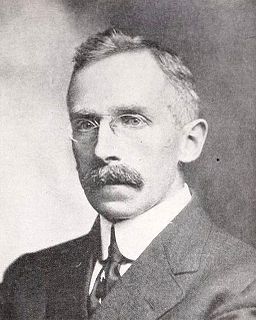A Quote by Mother Teresa
I realized that I had the call to take care of the sick and the dying, the hungry, the naked, the homeless - to be God's Love in action to the poorest of the poor. That was the beginning of the Missionaries of Charity.
Related Quotes
God has identified himself with the hungry, the sick, the naked, the homeless; hunger not only for bread, but for love, for care, to be somebody to someone; nakedness, not for clothing only, but nakedness of that compassion that very few people give to the unknown; homelessness, not only just for a shelter made from stone but for that homelessness that comes from having no one to call your own.
Faith is a gift of God. Without it there would be no life. And our work, to be fruitful, and to be all for God, and to be beautiful, has to be built of faith. Faith in Christ who has said, I was hungry, I was naked, I was sick, and I was homeless, and you ministered to me! On these words of His all our work is based.
If sometimes our poor people have had to die of starvation, it is not that God didn't care for them, but because you and I didn't give, were not an instrument of love in the hands of God, to give them that bread, to give them that clothing; because we did not recognize him, when once more Christ came in distressing disguise, in the hungry man, in the lonely man, in the homeless child, and seeking for shelter.
The heart becomes sick, as the body becomes sick, and its remedy is al-Tawbah (repentance) and protection [from transgression]. It becomes rusty as a mirror becomes rusty, and its clarity is obtained by remembrance. It becomes naked as the body becomes naked, and its beautification is al-Taqwa. It becomes hungry and thirsty as the body becomes hungry, and its food and drink are knowledge, love, dependence, repentance and servitude.
Man, no doubt, owes many other moral duties to his fellow men; such as to feed the hungry, clothe the naked, shelter the homeless, care for the sick, protect the defenseless, assist the weak, and enlighten the ignorant. But these are simply moral duties, of which each man must be his own judge, in each particular case, as to whether, and how, and how far, he can, or will perform them.
Charity is commendable; everyone should be charitable. But justice aims to create a social order in which, if individuals choose not to be charitable, people still don't go hungry, unschooled or sick without care. Charity depends on the vicissitudes of whim and personal wealth; justice depends on commitment instead of circumstance.




































